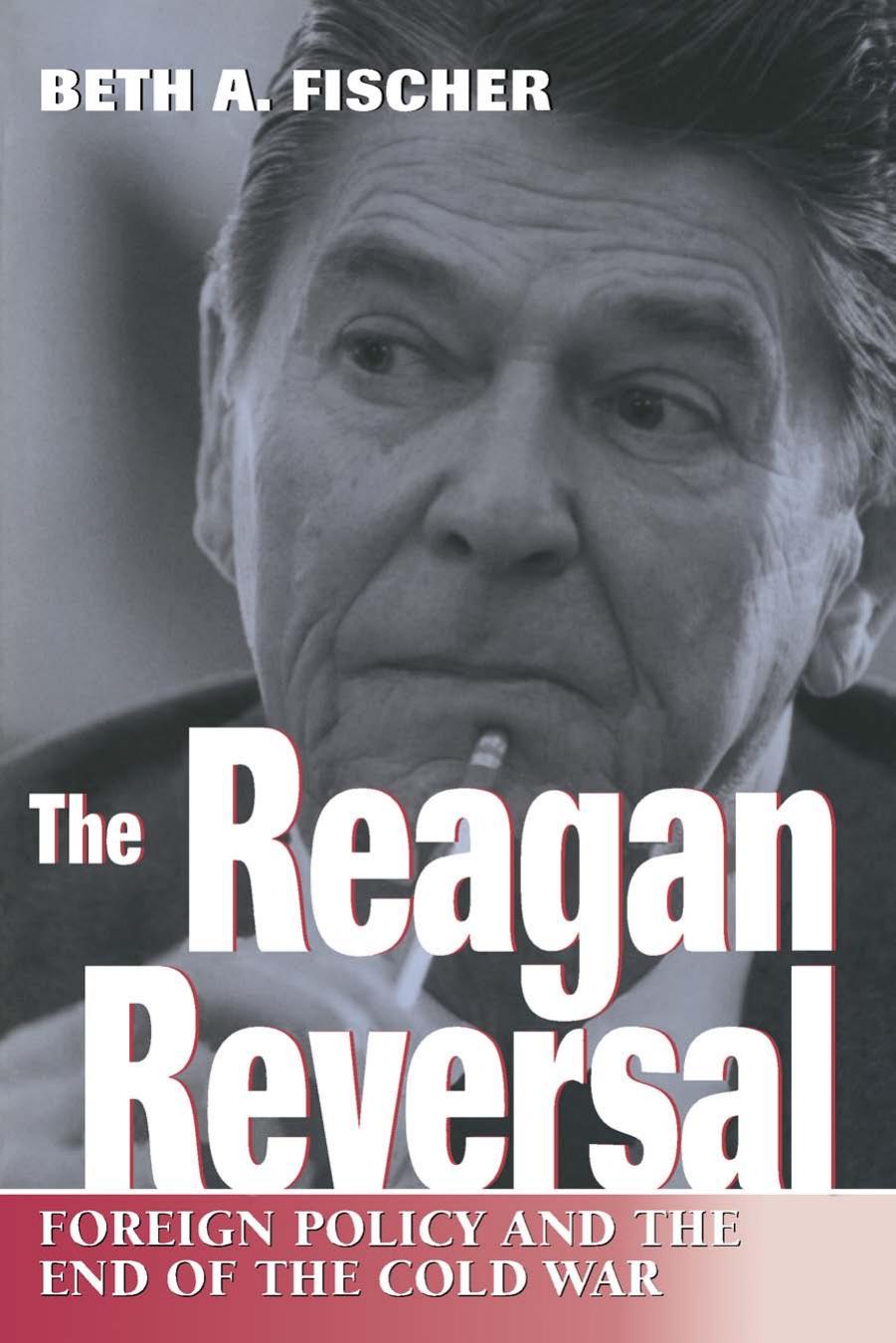The Reagan Reversal: Foreign Policy and the End of the Cold War by Beth A. Fischer

Author:Beth A. Fischer [Fischer, Beth A.]
Language: eng
Format: epub, mobi, pdf
Publisher: University of Missouri Press
Published: 2013-10-09T22:00:00+00:00
Robert C. McFarlane
Robert McFarlane did not know Ronald Reagan when he was promoted to national security adviser on October 16, 1983. Thus, he did not have the immediate rapport with the president that his predecessor and many other administration officials had. However, McFarlane had had much experience in the foreign policy bureaucracy. A former lieutenant colonel in the Marines, he had served on the National Security Council (NSC) staffs under both President Richard Nixon and his successor, Gerald Ford. In 1981 McFarlane had been working as a staff member for the Senate Armed Services Committee when Secretary Haig recruited him to be the State Department counselor. The following year, he moved to the NSC as deputy to the new national security adviser, William Clark. When Clark was appointed secretary of the interior in the fall of 1983, McFarlane replaced him.52
Although McFarlane would go on to have much power over foreign policy making, at the time that the administration reversed its Soviet policy, he was still the new kid on the block. McFarlane's colleagues perceived him to be a “quintessential staff man,” and a “perennial number two man” who had attained high office fortuitously. A career bureaucrat with no political ambitions of his own, McFarlane had been appointed largely because he did not threaten the current balance of power within the administration.53
Moreover, McFarlane's self-effacing style further undermined his initial power. Although he had more foreign policy experience than any of his colleagues, he spoke infrequently at policy making meetings, preferring to listen to others. Like Shultz, he sought to avoid the spotlight. He eschewed the media, granting interviews as rarely as possible, and almost always spoke off the record. According to his staff, McFarlane's working credo was “There is no limit to what a man can do or where he can go if he doesn't mind who gets the credit.”54
McFarlane was appointed national security adviser during a tumultuous period in U.S. foreign relations, suggesting that he had little time to devote to Soviet policy. Only one week after he took his post, 241 U.S. marines in Beirut were killed by a terrorist bombing. Just two days later the United States invaded Grenada. Moreover, McFarlane was continually called upon to mediate policy disputes between Shultz and Weinberger, who rarely saw eye-to-eye. “The most McFarlane can do on the big questions like Soviet affairs,” one White House official confided in early 1984, “is set up temporary fences between the elephants to keep them, for a few days, from trampling all over one another.”55
Download
The Reagan Reversal: Foreign Policy and the End of the Cold War by Beth A. Fischer.mobi
The Reagan Reversal: Foreign Policy and the End of the Cold War by Beth A. Fischer.pdf
This site does not store any files on its server. We only index and link to content provided by other sites. Please contact the content providers to delete copyright contents if any and email us, we'll remove relevant links or contents immediately.
The Secret History by Donna Tartt(19052)
The Social Justice Warrior Handbook by Lisa De Pasquale(12187)
Thirteen Reasons Why by Jay Asher(8893)
This Is How You Lose Her by Junot Diaz(6877)
Weapons of Math Destruction by Cathy O'Neil(6264)
Zero to One by Peter Thiel(5786)
Beartown by Fredrik Backman(5737)
The Myth of the Strong Leader by Archie Brown(5499)
The Fire Next Time by James Baldwin(5431)
How Democracies Die by Steven Levitsky & Daniel Ziblatt(5215)
Promise Me, Dad by Joe Biden(5141)
Stone's Rules by Roger Stone(5081)
A Higher Loyalty: Truth, Lies, and Leadership by James Comey(4954)
100 Deadly Skills by Clint Emerson(4921)
Rise and Kill First by Ronen Bergman(4779)
Secrecy World by Jake Bernstein(4741)
The David Icke Guide to the Global Conspiracy (and how to end it) by David Icke(4706)
The Farm by Tom Rob Smith(4502)
The Doomsday Machine by Daniel Ellsberg(4484)
